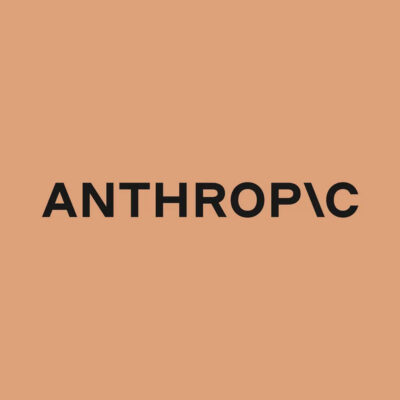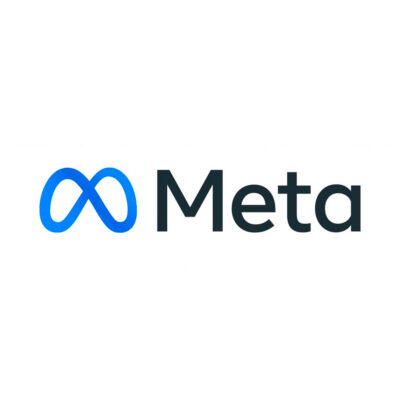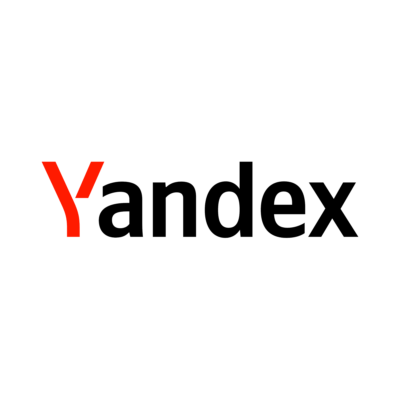Compare Models
-
Anthropic
Claude 2 – API version
$0.03268Anthropic’s Claude 2 much larger context window (launching with 100k for now but will go up to 200K).will make it possible to feed it entire books or have it generate entire books at once.Claude 2 scored 76.5 percent on the multiple choice section of the Bar exam and in the 90th percentile on the reading and writing portion of the GRE. Its coding skills have improved from its predecessor scoring 71.2 percent on a Python coding test compared to Claude’s 56 percent.Claude 2 is also 63% cheaper on inputs and 46% cheaper on outputs than the GPT-4 8K context version (the default version of the OpenAI model). -
OpenAI
Claude 2 (Web Browser Version)
FREEAnthropic’s Claude 2 is now available to the public if you’re in the US or UK. For the web browser version. just click “Talk to Claude,” and you’ll be prompted to provide an email address. After you confirm the address you enter, you’ll be ready to go.Claude 2 scored 76.5 percent on the multiple choice section of the Bar exam and in the 90th percentile on the reading and writing portion of the GRE. Its coding skills have improved from its predecessor scoring 71.2 percent on a Python coding test compared to Claude’s 56 percent. While the Google-backed Anthropic initially launched Claude in March, the chatbot was only available to businesses by request or as an app in Slack. With Claude 2, Anthropic is building upon the chatbot’s existing capabilities with a number of improvements. -
Anthropic
Claude Instant
$0.00551Claude Instant is a faster and less expensive model than Claude-v1 that can handle casual dialog, text analysis and summarization, and document Q&A. Optimized for low latency, it handles high throughput use cases at lower costs that other Claude family of models. Anthropic is an AI startup founded by former OpenAI employees. Anthropic specializes in developing general AI systems and language models, with a company ethos of responsible AI usage.API access can be gained after application. -
Anthropic
Claude Instant v1
$0.03268A powerful model, Claude-v1 can handle sophisticated dialog, creative content generation, and detailed instructions. Optimized for superior performance on tasks that require complex reasoning, Claude is Anthropic’s best-in-class offering.API access can be gained after application. -
LMSYS Org
Vicuna-13B
FREEVicuna-13B is an open-source chatbot developed by a team of researchers from UC Berkeley, CMU, Stanford, MBZUAI, and UC San Diego. The chatbot was trained by fine-tuning LLaMA on user-shared conversations collected from ShareGPT. There is a 13B and 7B parameter models that are available on Hugging Face.
Vicuna-13B achieves more than 90% quality of OpenAI ChatGPT and Google Bard while outperforming other models like LLaMA and Stanford Alpaca in more than 90% of cases. The code and weights and an online demo are publicly available for non-commercial use. Here is a link to learn more about how it compares to other models – https://lmsys.org/blog/2023-03-30-vicuna/.
To use this model, you need to install LLaMA weights first and convert them into Hugging Face weights, and the cost of training Vicuna-13B is around $300.
-
Yandex
YaLM
FREEYaLM 100B is a GPT-like neural network for generating and processing text. It can be used freely by developers and researchers from all over the world. It took 65 days to train the model on a cluster of 800 A100 graphics cards and 1.7 TB of online texts, books, and countless other sources in both English and Russian. Researchers and developers can use the corporate-size solution to solve the most complex problems associated with natural language processing.Training details and best practices on acceleration and stabilizations can be found on Medium (English) and Habr (Russian) articles. The model is published under the Apache 2.0 license that permits both research and commercial use.





